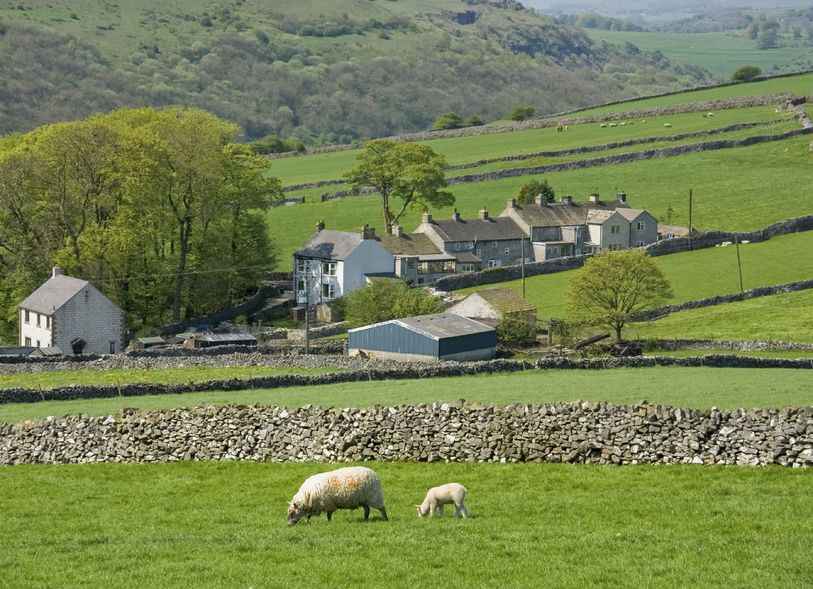
The EU's Common Agricultural Policy (CAP) is not fit for purpose due to the detrimental effect it has on small farms, according to a new report.
Co-commissioned by the Greens/EFA group in the European Parliament, the study was initiated after the European Commission failed to produce its own fitness check on the CAP.
One of the key findings of the report, for which the authors assessed 450 peer reviewed scientific papers, includes a finding that socio-economic efficiency remains very low.
The decrease in numbers of agricultural holdings continues, with a trend towards large-scale farms. With 32% of payments going to 1.5% of farms, the report said the CAP provides insufficient support to small farms.
Defra Minister George Eustice has in the past said the distribution of CAP payments is 'unfair', and campaigners have called the government to slash farming subsidies for wealthier farmers after Britain leaves the European Union.
According to figures by the Campaign to Protect Rural England (CPRE), a fifth of English farms have disappeared in the past 10 years, with the rate fastest amongst the smallest farms. Almost a third of farms under 50 hectares disappeared between 2005 and 2015.
Competition and market pressures have put great strain on smaller farms, and campaigners say that smaller farms have faced an inequitable funding model through the EU's CAP.
The government has pledged to pursue a new funding settlement that rewards farmers for public goods and environmental benefits rather than the size of land holdings.
'Silent crisis'
Graeme Willis, food and farming campaigner at the Campaign to Protect Rural England (CPRE), said there is a 'silent crisis' in the British farming sector.
"Smaller farms struggle to compete in the current market and, if the current trends continue, they could all but disappear from the English countryside by the middle of the century.
"While it is not a case of small versus big, smaller farms are vital to the diversity of our rural communities and our beautiful landscapes."
Defra Secretary Michael Gove has committed to change the CAP post-Brexit and instead reward farmers on their environmental credentials.
He told an audience at a WWF-UK event in summer: "CAP rewards size of land-holding ahead of good environmental practice, puts resources in the hands of the already wealthy, and encourages patterns of land use which are wasteful of natural resources.
"Leaving the EU gives us a once in a lifetime opportunity to reform how we manage agriculture and fisheries, how we care for our land, our rivers and our seas, how we recast our ambition for our country’s environment, and the planet."
But NFU's Vice President Guy Smith warned Gove: "We are up for change Michael Gove, but remember most recipients of CAP payments are hard working family farms producing the nation's food."
The Greens report also stated that the CAP is inefficient regarding its environmental objectives.
It said the CAP does "not halt, let alone reverse" ongoing trends of environmental degradation and biodiversity decline. The report said it has a "very limited effect" on climate change mitigation.
